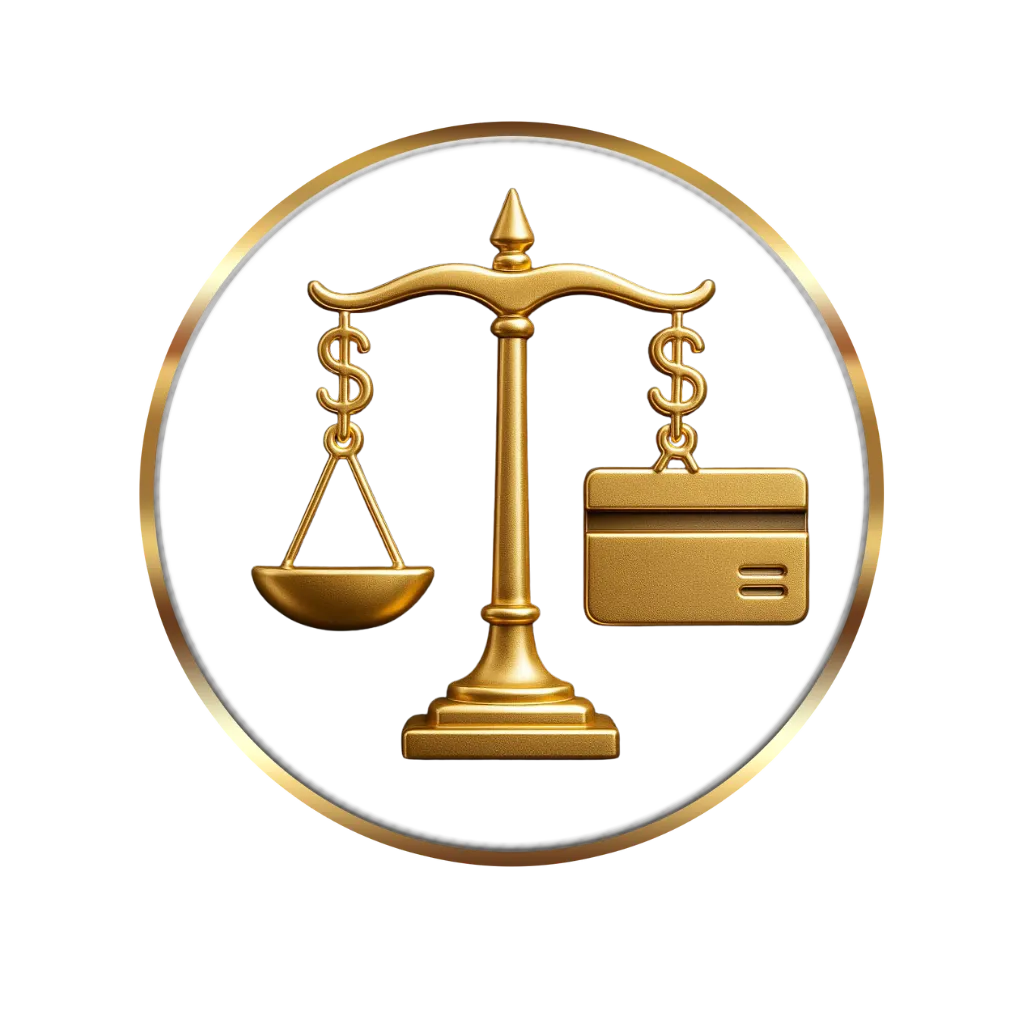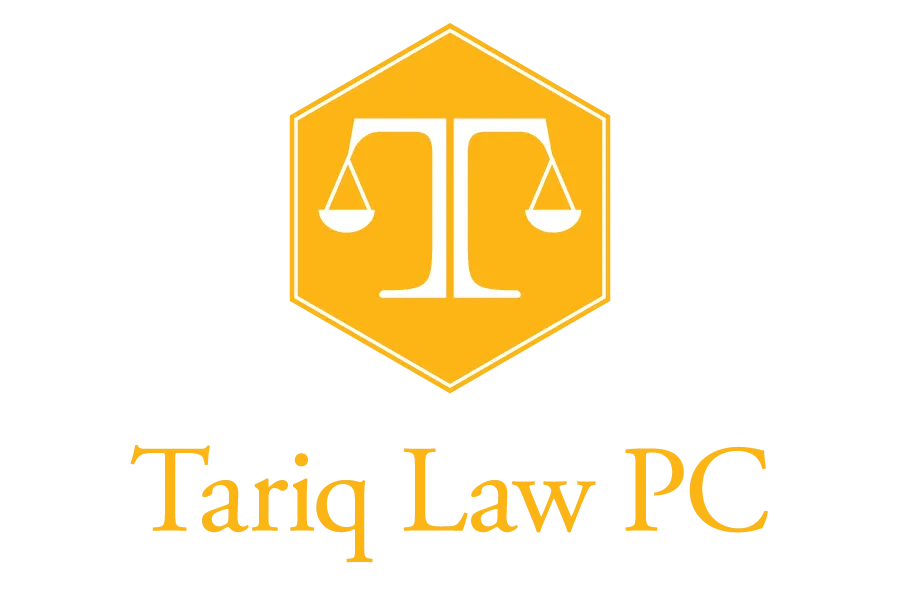Credit Report Dispute Lawyer
While you can file a dispute yourself, most self-filed disputes end in:
Delays – credit bureaus often take months to respond.
Denials – claims are rejected without proper review.
Ignored Rights – your rights under the law are overlooked.

With an experienced credit dispute attorney on your side, your case carries real legal weight. We know the tactics creditors and credit bureaus deploy to avoid fixing mistakes—
and we know how to fight back effectively.
Why Choose Credit Report Dispute Lawyers for Your Dispute Case?

Nationwide Representation
Serving clients across the U.S.

Proven Success
Thousands of harmful entries removed

Deep Legal Expertise
Over a decade of experience with FCRA disputes.

Personalized Service
Tailored strategies for every client.

Unshakable Advocacy
Creditors and bureaus know we won’t back down.
Types of Credit Report Errors We Handle

Incorrect personal details (name, address, Social Security number)

Outdated negative accounts that should not be reported

Accounts that don’t belong to you (identity theft or mixed files)

Duplicate entries are bringing your score down twice

Inaccurate public records, such as bankruptcies or liens
Our Credit Report Dispute Process
Client Success Stories
Frequently Asked Questions
1. How long does it take to resolve a credit report dispute?
Under the Fair Credit Reporting Act (FCRA), a credit reporting agency (CRA) must complete a reinvestigation of disputed information within 30 days after receiving a consumer’s dispute notice. This period may be extended by up to 15 additional days (for a total of 45 days) if the consumer provides new information during the initial investigation period.
Most disputes are resolved within 30–45 days. However, if your dispute is ignored, mishandled, or left unresolved, our experienced FCRA attorneys can take legal action to enforce your rights. In those cases, resolution may take longer but can also result in compensation for damages.
2. Can I dispute errors on my own?
Yes. Consumers have the right to dispute inaccuracies in their credit reports directly with consumer reporting agencies (CRAs), and the CRAs are required under FCRA § 611 to investigate those disputes. While many people choose to start this process on their own, having a credit report dispute attorney can make a significant difference. An attorney ensures that every procedural requirement under the FCRA is properly followed, which increases the likelihood of a complete and timely investigation. Legal representation also strengthens your position if the CRA or the furnisher of information fails to comply with the law. In that situation, an experienced attorney can pursue damages under FCRA §§ 616–617, holding the responsible parties accountable. Although you have the right to dispute independently, working with a lawyer often provides stronger protection and a greater chance of success.
3. What if the credit bureau rejects my dispute?
If a credit bureau refuses to correct or delete inaccurate information, and your dispute has merit, the Fair Credit Reporting Act (FCRA) provides ways to escalate the matter. You have the right to add a brief statement of dispute, up to 100 words, which must be included in future credit reports. More importantly, you also have the right to pursue legal remedies. If a credit bureau willfully violates its obligations under the FCRA, you may be entitled to actual damages, punitive damages, and attorney’s fees under § 616. If the violation results from negligence, you may recover actual damages and attorney’s fees under § 617. Our firm emphasizes that rejected disputes are not the end of the process—we escalate these cases into legal action when necessary, ensuring that credit reporting agencies are held accountable and that our clients’ rights are fully protected.
4. Do you handle disputes with all three credit bureaus?
Yes. Under the Fair Credit Reporting Act (FCRA), the major consumer reporting agencies—Equifax, Experian, and TransUnion—are all defined as nationwide credit bureaus. Our firm is fully entitled to initiate and manage disputes with each of these agencies to ensure your credit file is corrected across the board. Focusing on just one credit bureau can leave errors unaddressed in the others. That’s why we work with all three. By taking a comprehensive approach, we ensure inaccuracies are removed across the board—safeguarding your credit score and protecting your financial reputation on every level.
Take Control of Your Credit Today
Don’t let errors on your credit report hold you back. The sooner you act, the sooner your credit can recover.
Call Credit Report Lawyers today for a free case review—or fill out our online form to get started. Let an experienced credit report dispute lawyer fight for your rights and help you move forward with confidence.
Subscribe to Our Newsletter
Connect with us
© Copyright 2025. Credit Report Lawyers. All rights reserved.
Privacy Policy
Terms and Conditions








